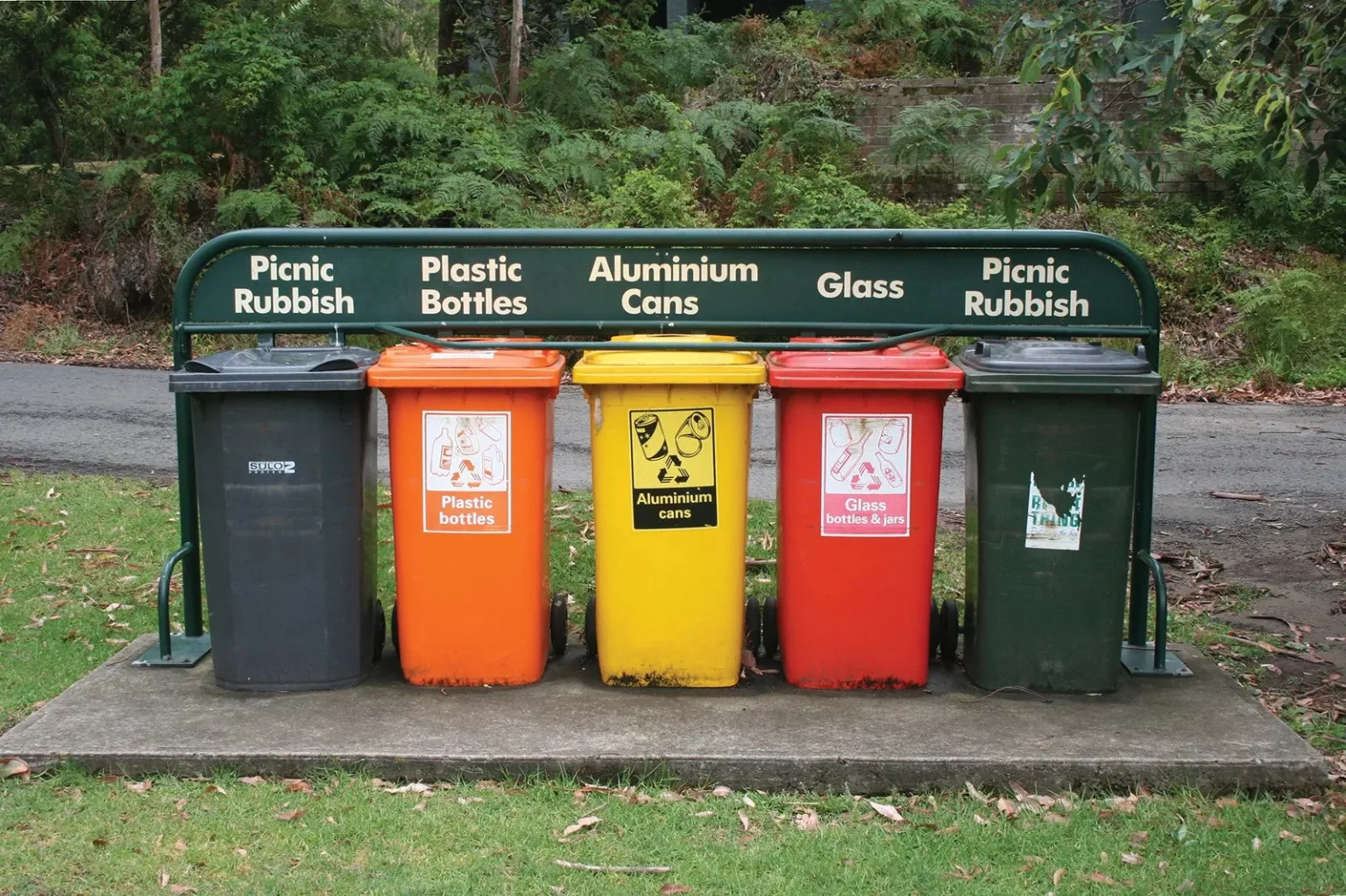In Nigeria, the circular economy is gradually gaining ground in agriculture, where the mantra “No waste is a waste” is taking root. Empty plastic bottles, often discarded as trash, are proving to be a valuable resource within the agricultural value chain. In this circular economy reality, these bottles transcend their single-use origins. When recycled, they undergo a transformation, reemerging as newer bottles, clothing, and various other products. This innovative approach not only mitigates environmental impact, but also underscores the significance of waste as an integral part of the value chain.
Rather than viewing empty plastic bottles as worthless, agricultural and environmental stakeholders such as RecycleGarb in Ibadan, Oyo State, are recognising their potential beyond initial use. Embracing the circular economy philosophy helps reduce overall waste and promotes resource conservation. Consider the life cycle of an empty plastic bottle – a ubiquitous sight in our daily lives. Beyond being a vessel for quenching thirst, its journey doesn’t end at the trash bin. Instead, it becomes a vital component of the circular economy, where waste is viewed as a potential resource. Through recycling initiatives, these discarded bottles undergo a remarkable metamorphosis. Once reborn, they find new purpose and this not only extends the lifecycle of the plastic, but also reduces the demand for raw materials, contributing to resource conservation.
Furthermore, the activities of RecycleGarb, as environmental conservation organisation, has shown that when people give them their recyclables, they are not only earning extra cash, but also sustaining the livelihood of hardworking youth and women in the recycling industry. Furthermore, the impact of clearing lands of bottle waste through recycling extends beyond environmental conservation, it directly contributes to expanding available land for agriculture. By systematically removing plastic waste from landscapes, not only is the aesthetic appeal of the community/state enhanced, but previously unusable spaces become viable for cultivation. This dual-benefit approach not only addresses environmental concerns, but also aligns with the urgent need for arable land to meet growing agricultural demands as food security is being threatened in the nation. The intersection of recycling initiatives and land reclamation paints a promising picture, where the transformation of waste not only nurtures sustainable practices, but also cultivates new opportunities for agricultural expansion, fostering a harmonious balance between ecological well-being and food security. This evolving narrative underscores the profound potential within waste materials to revolutionise, not only environmental sustainability, but also to provide tangible benefits to communities engaged in the circular economy. In embracing the philosophy that “No waste is a waste”, Nigeria’s agriculture sector is paving the way for innovative solutions that prioritise both ecological health and economic empowerment.


